101 Talaqein Drama Review: 101 Talaqein, a Pakistani drama series that garnered attention for its bold subject matter and unique comedic approach, delves into the complexities of divorce. This review explores the show’s dark humor, its nuanced portrayal of characters and societal pressures, and its potential impact on viewers seeking a thought-provoking and entertaining drama.

A Lawyer with a Past: Rustom Navigates the Murky Waters of Divorce
The narrative centers around Rustom Kavasji (Zahid Ahmed), a cynical divorce lawyer with a remarkable track record – a hundred successful divorces. Haunted by a past heartbreak, Rustom views marriage with a jaded perspective, often prioritizing quick case resolutions over understanding the underlying issues of his clients. His character serves as a catalyst, drawing viewers into the emotional turmoil surrounding various divorce cases.
Beyond Stereotypes: Unveiling the Nuances of Divorce
101 Talaqein avoids stereotypical portrayals of happy marriages dissolving due to infidelity or financial troubles. The drama explores a diverse range of reasons for divorce, including emotional neglect, societal pressures, and incompatibility. Each case sheds light on the complexities of marital relationships and the challenges couples face in contemporary Pakistan.
A Darkly Humorous Lens: Laughter Through Tears
The show’s signature element is its unique blend of dark humor and social commentary. Rustom’s cynicism and witty remarks offer a comedic counterpoint to the emotional turmoil of his clients. This approach compels viewers to laugh while contemplating the seriousness of the situations depicted. However, the humor never overshadows the emotional core of the narrative, ensuring a thoughtful and impactful viewing experience.
Breaking the Silence: Challenging Stigmas Surrounding Divorce
Divorce remains a sensitive topic in many South Asian societies. 101 Talaqein tackles this head-on, sparking conversations about the social stigma often attached to divorce, particularly for women. By portraying female characters who seek divorce for their own well-being, the drama challenges traditional notions and encourages viewers to consider the importance of personal happiness within marriage.
A Glimpse of Redemption: Beyond Cynicism
Despite Rustom’s initial cynicism, the narrative hints at a potential for personal growth. As he engages with his clients’ stories, he begins to question his own perspective on love and commitment. Whether he undergoes significant transformation remains open to interpretation, but the possibility offers a glimmer of hope and suggests that even hardened cynics can be touched by the complexities of human relationships.
Technical Execution: Enhancing the Narrative
The technical aspects of 101 Talaqein contribute significantly to its overall effectiveness. The muted color palette reflects the often dark and somber nature of the subject matter. The soundtrack employs a blend of traditional and contemporary music, creating a unique soundscape that complements the show’s unique tone.
A Spark for Change: Beyond Entertainment
By offering a thought-provoking and darkly humorous exploration of marital discord and divorce, 101 Talaqein has the potential to spark important social conversations. The drama might encourage viewers to question traditional norms, challenge stigma, and advocate for a more nuanced understanding of divorce in contemporary society.
Possible Areas for Further Exploration in a 2000-Word Review
- Feminist Critique: Analyze the portrayal of female characters within the context of Pakistani society and their agency in seeking divorce.
- The Role of Rustom: Discuss how Rustom’s past heartbreak and cynical perspective shape his interactions with his clients and his own potential for personal growth.
- Social Media Impact: Explore how the show utilized social media to generate buzz and engage viewers in discussions about divorce and societal norms.
By delving deeper into these aspects, you can craft a comprehensive review that analyzes the drama’s artistic merit, explores its social impact, and positions it within the broader context of Pakistani television and societal discourse.
Share this content:
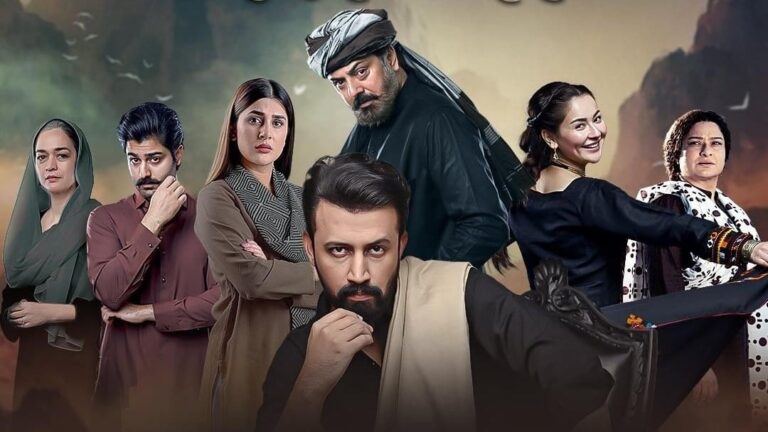
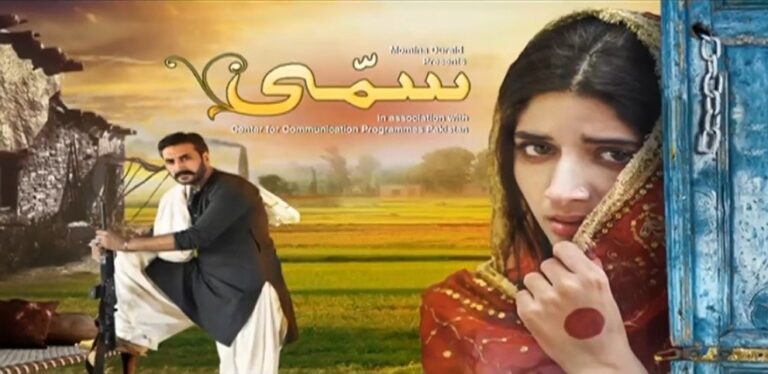
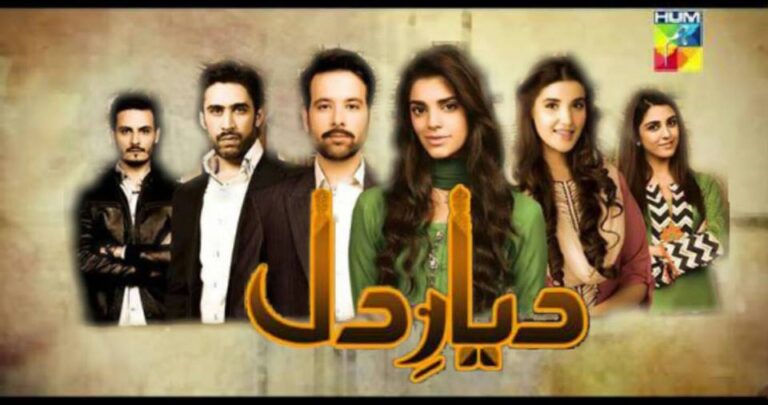
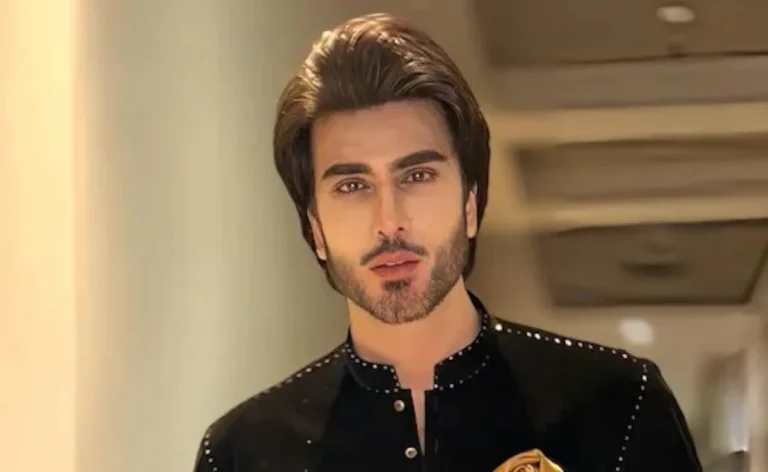
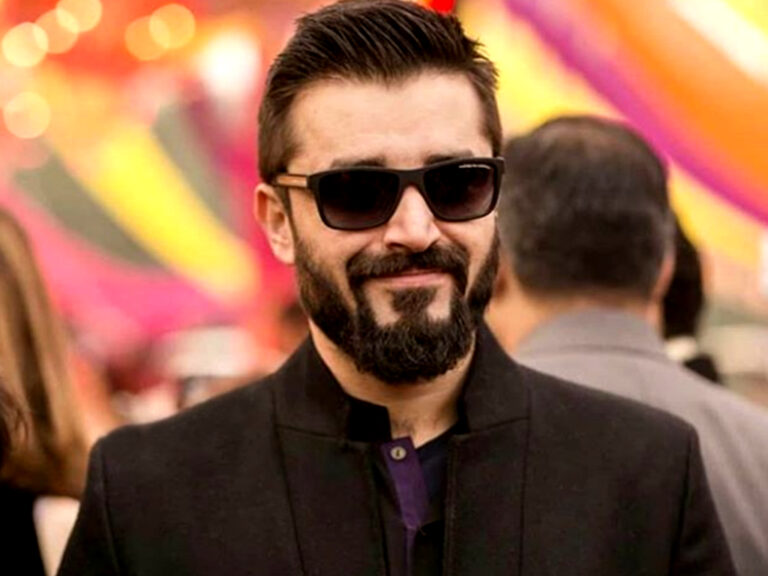
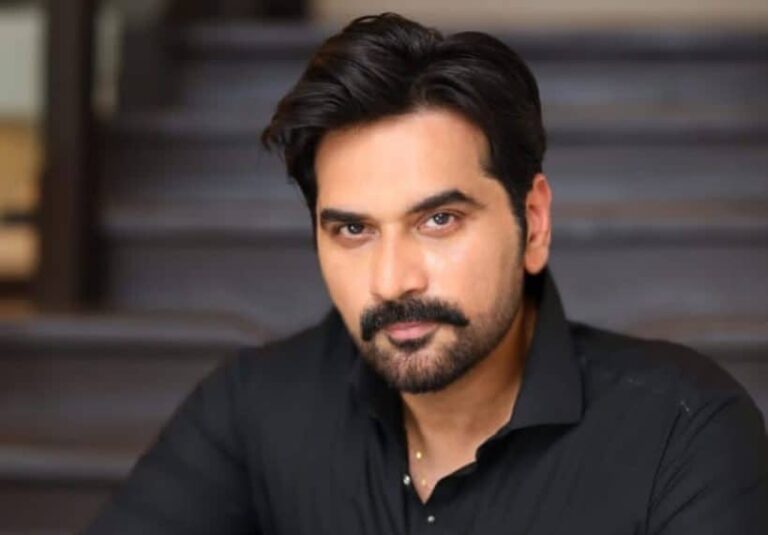


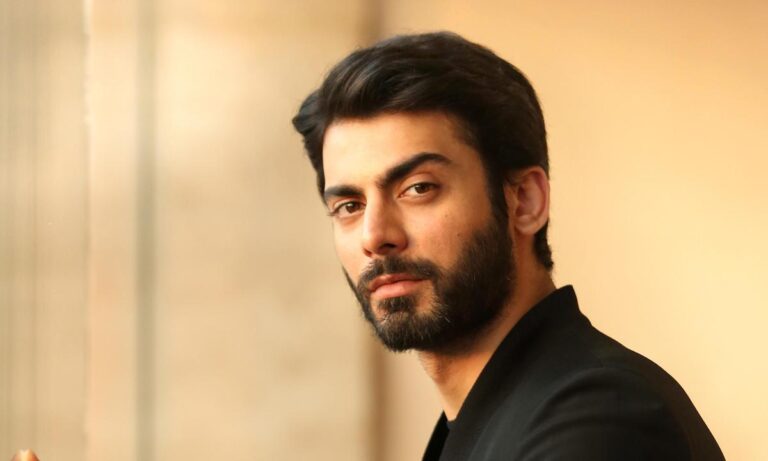
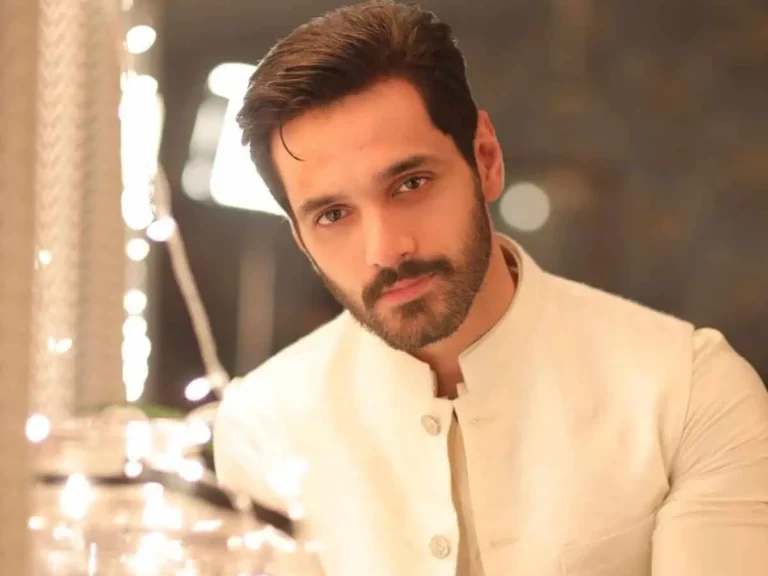
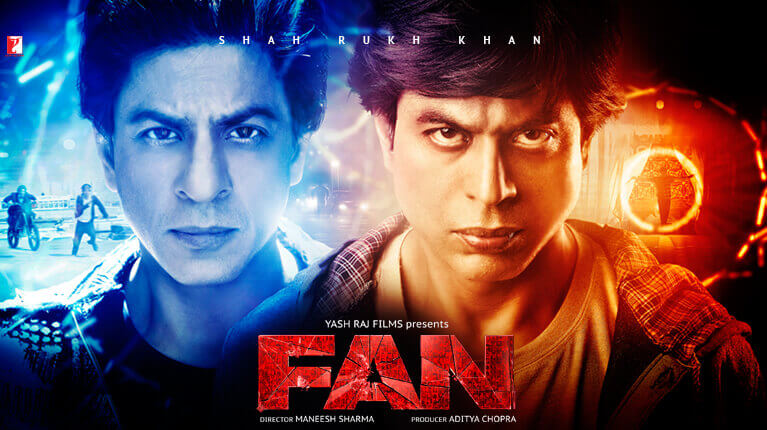
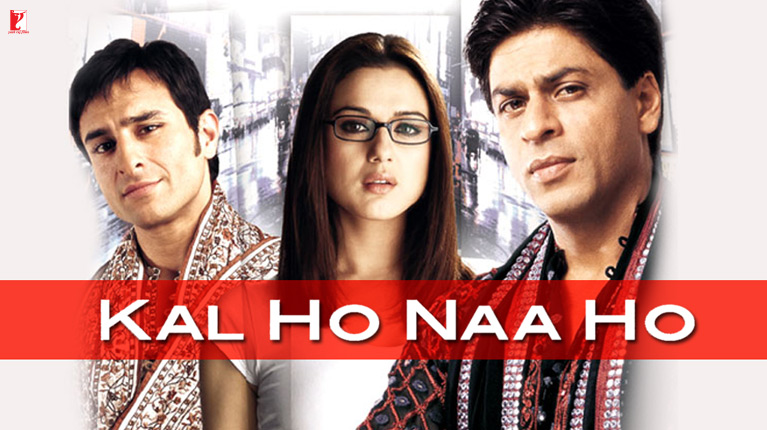
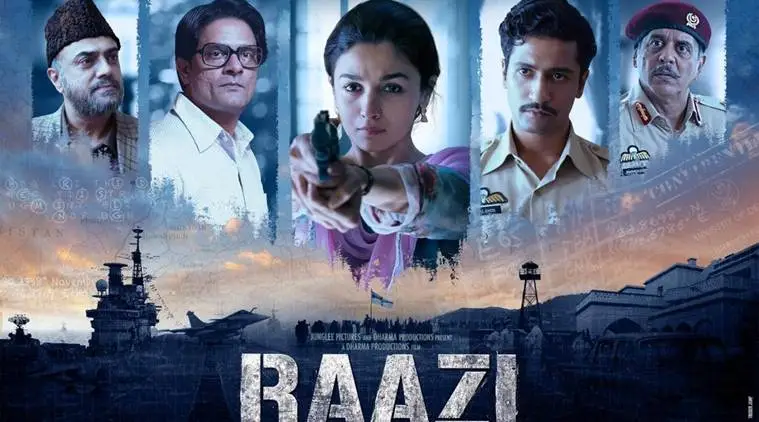
+ There are no comments
Add yours